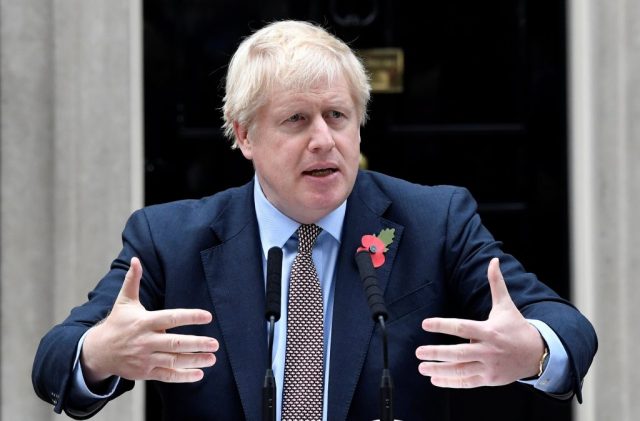British Prime Minister Boris Johnson was clinging to his premiership on June 6, 2022, after 148 of his MPs voted to oust him in a ballot that exposed potentially fatal rifts within his party. The prime minister won the support of 211 MPs, but 41% of his party voted to get rid of him, with many citing his lack of repentance over the Partygate scandal and the public’s loss of trust in his leadership. It was the worst verdict on a sitting prime minister by their own party in recent times. The article contains British PM Boris Johnson Facing Threats After Winning No-confidence Vote.
Although Johnson and his allies claimed the vote as a victory, many Conservative MPs, including his supporters, believed the attempted coup was the beginning of the end of his three-year premiership. After the result, Mr. Johnson insisted it was an outstanding, positive, conclusive, decisive result that would allow him to move on to unite and focus on delivery. However, rebel MPs said Johnson should quit for the good of the party and the country. One of Johnson’s leading critics, Sir Roger Gale said a “prime minister of honor” should realize he had lost the support of a sizable number of his MPs. He suggested rebels would continue to oppose Johnson remaining as prime minister.
Incidentally, Boris Johnson was widely criticized for hosting a liquor party at 10 Downing Street during the Corona epidemic, when strict restrictions were in place in the UK. Even the demand for his resignation was strong. The MPs of their own party got angry. Not only did Buckeye Johnson attend the liquor party during the lockdown, but allegations were made against Boris Johnson that the party was being held on Downing Street when Philip’s funeral was held on April 16, 2021. And that was on the occasion of the departure of James Slack, Boris Johnson’s director of communications. There was national mourning over Philip’s death. However, he apologized to the queen for this incident. He also paid a hefty fine. Later, 50 MPs of his party sent a letter requesting a no-confidence vote against him. Earlier in 2016, then-Prime Minister Theresa May faced a vote of confidence from members of parliament, and she won with 63 percent of the vote. But within six months, he had to say goodbye to the Brexit issue.
To explore more Political articles, Please Click Here!


















